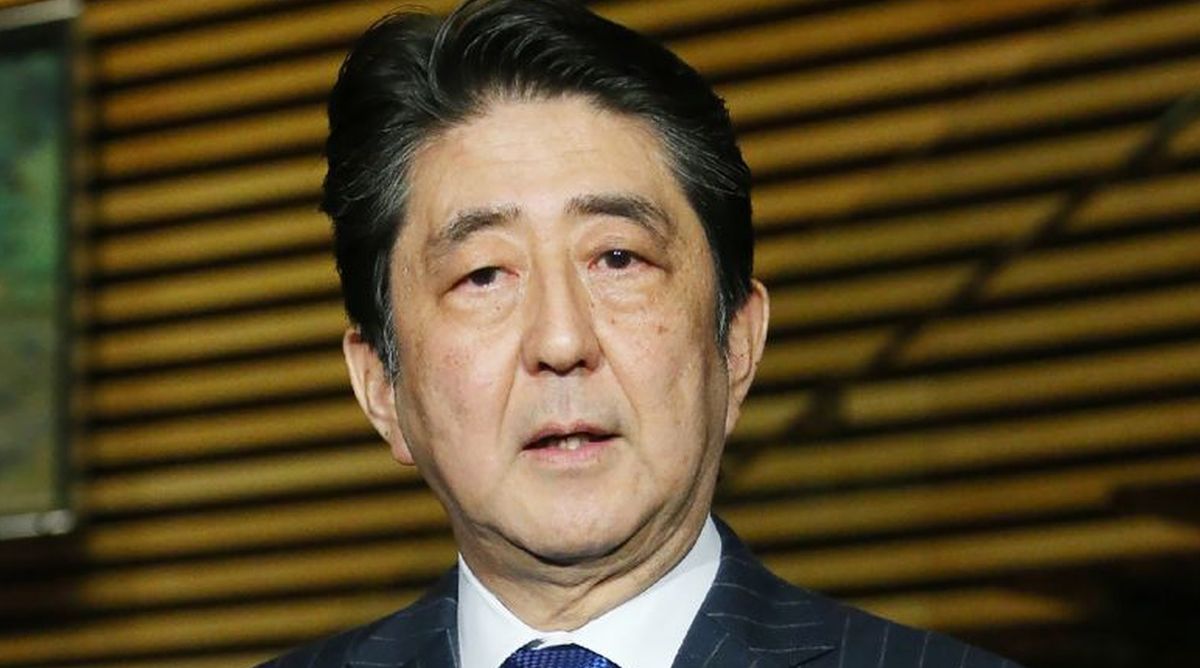Shinzo Abe’s convincing victory in the election for the leadership of the Liberal Democratic Party (553 votes against 254) is historic, making him Japan’s longest-serving Prime Minister. His agenda might appear to be rather ambitious on the face of it, but has been overdue for the country ever since World War II ended.
As much is clear from his response in the immediate aftermath of the triumph ~ “I will finally embark on constitutional revision, which has never been achieved in the 70 years since the end of the war, and start building a new nation as we look to the future.”
Advertisement
That Constitution, it would be useful to recall, was crafted by the United States after Japan’s defeat in the war. More than seven decades later, the statute runs counter to the certitudes of sovereignty. This intrinsically is the dichotomy of Japan’s governance. The outcome of the election has given him “strong support” to suggest changes to the text, which he will submit to parliament at the next session.
Abe’s essay towards redrafting the Constitution is thus intended to address a historical injustice in international relations. He has frequently signalled his intent to rewrite the Constitution, which forces the country to “forever renounce war” and dictates that armed forces will “never be maintained”.
The changes will be intended to remove the country’s well-equipped Self-Defense Forces from the constitutional paradox whereby they should not technically exist. But any changes to the text would be hugely sensitive in pacifist Japan and will almost certainly be greeted with fury in China and the Koreas, 20th-century victims of Japanese military aggression.
In the immediate perspective, he will have to countenance a challenge during the summit with President Trump. Not the least because the Japanese Prime Minister will be under pressure to cut the country’s $69 billion surplus with its principal ally, nearly two-thirds from the export of cars.
Though his equation with the US President is cordial, Mr Trump has an issue with the bilateral trade imbalance and is in favour of an agreement to address the same. With three more years as party leader, the election has given Abe a long enough rope to hang onto. He is generally expected to break the record for the nation’s longest serving premiership held by Taro Katsura, a venerated politician who had served as PM thrice between 1901 and 1913.
“The battle is over. Let’s build a new Japan by joining hands and uniting,” was Abe’s appeal to party members and the people amidst euphoric chants of banzai (the Japanese equivalent of “three cheers”). On closer reflection, the vote was effectively a referendum on Abe’s record that he successfully negotiated. He intends to hold a face-to face meeting with the North Korean President, Kim Jong-un, to solve the sensitive issue of Japanese citizens kidnapped by Pyongyang in the 1970s. Abe’s pledge to create a “new nation” might be easier to accomplish than Imran Khan’s Naya Pakistan.











